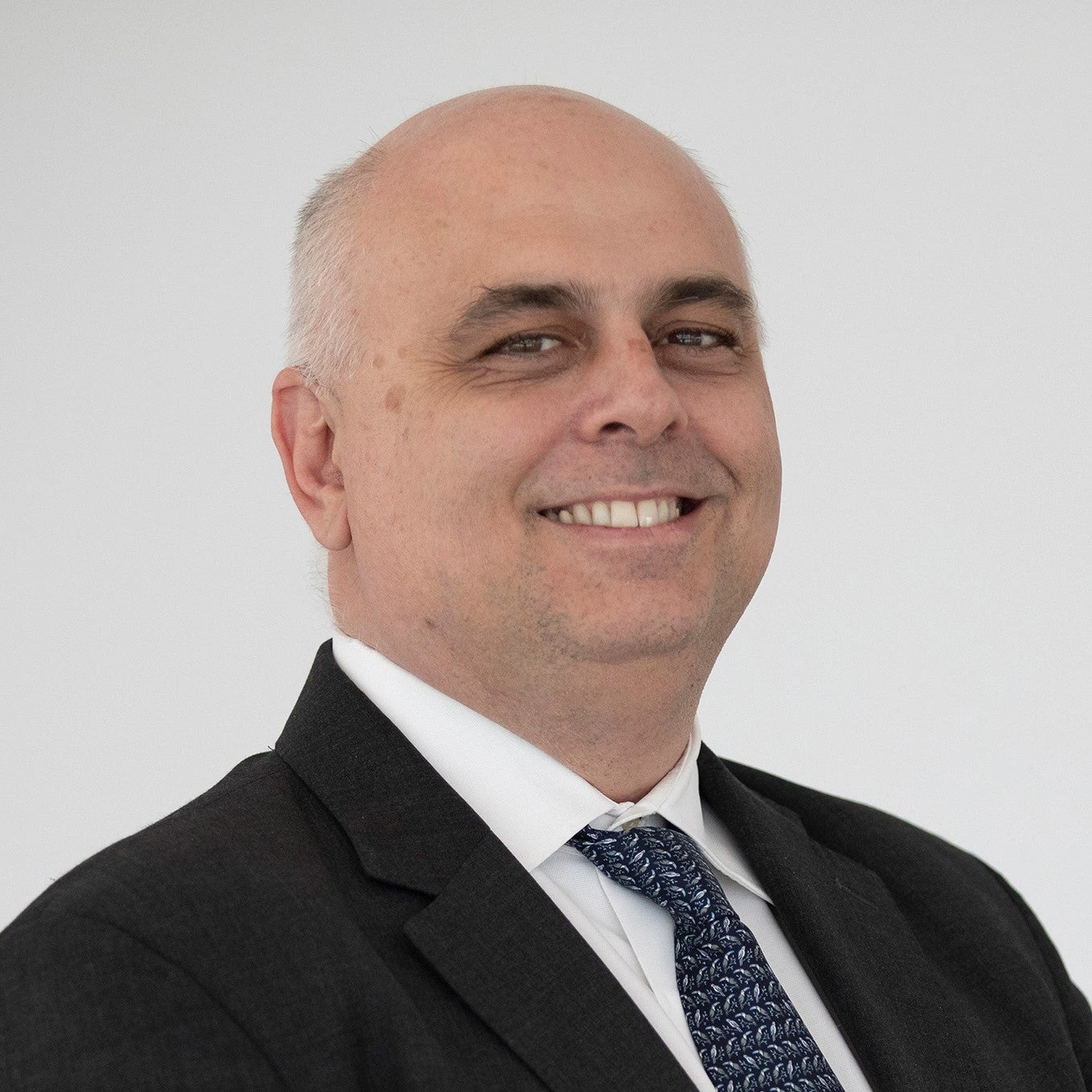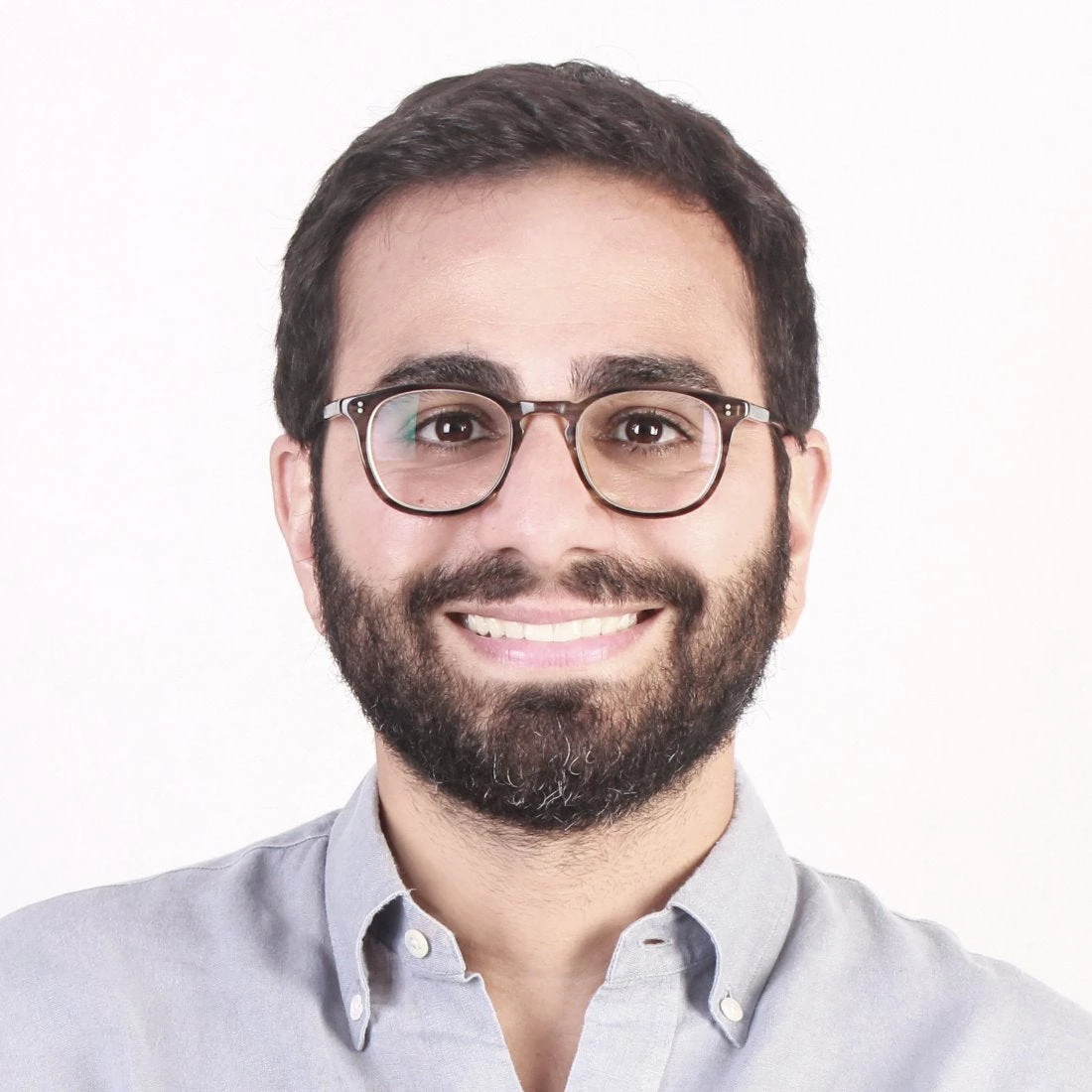
The ability to innovate is how societies can rescue and remake themselves in times of crisis. We are finding this especially true now as hospitals around the globe are concerned about treating a mass influx of COVID-19 patients, all needing care at the same time. Innovation has only recently assumed the meaning of a technical improvement. But in today’s global human crisis, the meaning of innovation gets closer to its original Greek term: kainotomía. This word means “introducing change to the established order”, “opening new ways, directions and understandings”, and especially “sharing a law among a community.” As we noted in our previous blog, and as the world quickly adapts to the ever-shifting landscape, so should the rules and regulations that govern innovation.
Crises require a rapid response. In the COVID-19 context, innovation can mean ignoring “old” regulations even if a system discourages this. This is what happened when two young Italian entrepreneurs were contacted by a local hospital in Brescia, Italy, which was in dire need of valve components for ventilators. The pair asked the product’s manufacturer for access to their technical drawings, so they could use a 3D printer to rapidly manufacture the valves. The manufacturer declined, because it would breach their intellectual property rights. Undaunted, the entrepreneurs figured out how to use 3D-imaging techniques to reverse-engineer the valve, printed it at a very low cost, and delivered it to the hospital—saving at least ten lives through their ingenuity and quick action.
Emergencies can also prompt large, established companies to innovate. Automobile manufacturers, such as GM and Ford in the United States, and Ferrari, Fiat Chrysler, and parts manufacturer Marelli in Italy, and Rolls-Royce, Jaguar, and Land-Rover in the United Kingdom are partnering with ventilator manufacturers to expand the production of these critical devices. Using advanced design techniques and 3D printing, Virgin Orbit innovated to design a simpler ventilator with commonly available materials. In some cases, companies are modifying their existing facilities to produce ventilators, but this could potentially take months; others are providing engineering guidance to help ventilator manufacturing plants scale up production. Still others are pursuing both approaches. One very notable example, is Medtronic that has shared its portable ventilator design and code for free to all.
The COVID-19 crisis is forcing companies to be creative, spurring them to modify existing products to maximize their efficiency in a time of extreme demand. Intersurgical, a leading designer, manufacturer, and supplier of respiratory support medical devices, is working to develop and rapid prototype a ventilator that can serve multiple patients at the same time, instead of just one. The Sant’Orsola hospital in Bologna and the Policlinico hospital in Milan are simultaneously deploying this innovative solution. Emerging markets, like Lebanon and Morocco, for example, have shown that they can also be at the forefront of innovation, by rapidly designing and started production of new lines of ventilators in record time.
This crisis is proving to be a monumental social challenge, even in the nations with high-performing health systems and an abundance of resources. When the COVID-19 crisis strikes developing countries, populations may face even greater hurdles, such as greater supply chain disruption and a lack of domestic production facilities.
Multilateral institutions can play an important role by offering essential financial packages to governments and the private sector, quickly and where they need them the most. This will also mean building local capacity and providing smart solutions that can help rapidly equip local first-aid responders to manage still emerging, highly unpredictable crises such as COVID-19. They can also support decentralized production and delivery of necessary equipment to affected areas as well as global efforts to discover vaccines and cures.
Companies investing billions of dollars in pharmaceutical research and development need intellectual property (IP) protections. But, in times of crisis, strict IP protections may also hinder the rapid and cost-effective deployment of vaccines and industrial materials that are so urgently needed. There should be discussion among the international community on new approaches, such as the creation of a new global fund that could subsidize lower-cost drugs, allow temporary breaches of IP rules for life-saving materials and equipment, and partially compensate private companies for emergency-driven breaches of their intellectual property.
This crisis forced the unexpected: prior to last month, the world would have never expected that car manufacturers would suddenly be needed to produce ventilators. Relaxing IP rules and being more flexible with “old” regulations in this unprecedented crisis will enable the decentralized digital production of medical equipment that can save lives, as we have already seen. Imagine being able to build an artificial ventilator in large quantities and close to an emergency site using locally produced parts? Putting all our tools and technologies to work today is a moral imperative. In a rapidly-evolving emergency, when it is unclear what is needed and where, flexibility is a vital ingredient. Adopting smart, and nimble regulatory approaches that empower startups and decentralized networks of “makers communities” to craft innovative solutions will be valuable for the crisis we face now, and also an important asset to tackle still-unknown crises in future years. This will require addressing the upstream bottlenecks to innovation and private sector development, and we will need to use all of our tools and programs to channel innovation where it is needed the most.



Join the Conversation